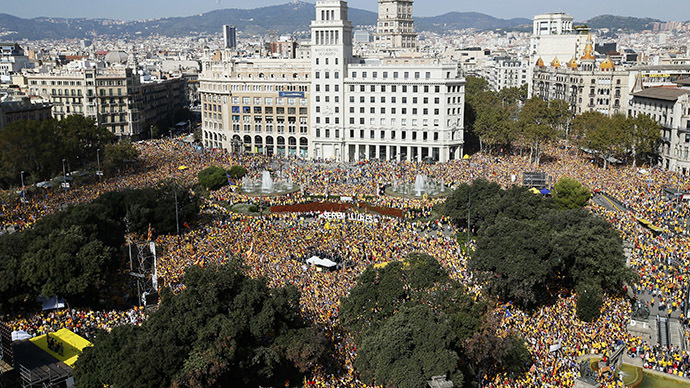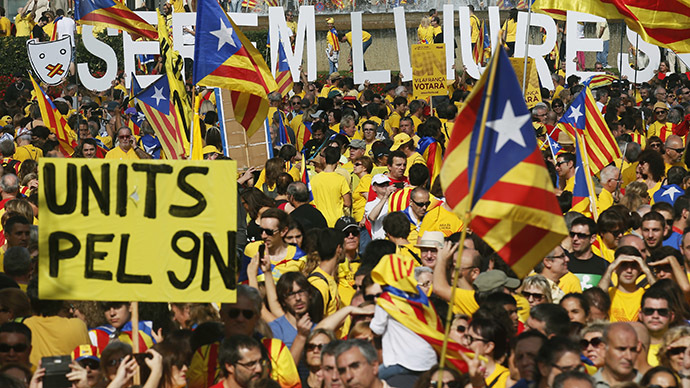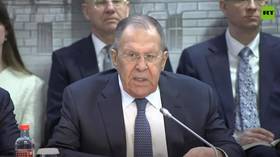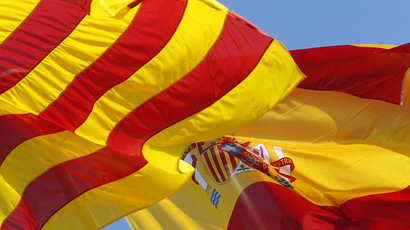Spain's constitutional court bans Catalonia's 'independence consultation' vote

The Spanish government on Tuesday banned the symbolic referendum planned by the Catalan regional government for Nov. 9, despite Barcelona petitioning Spain's top constitutional court to allow it to hold an informal vote on independence.
Spain's Prime Minister Mariano Rajoy has said such a referendum would be against the country's 1978 constitution, Reuters reported. Spanish government said the region already has substantial powers, referring to Catalonia's own parliament, police force and education system.
According to Spanish Deputy Prime Minister Soraya Saenz de Santamaria, the Catalan referendum is nothing but a "perversion" of democracy.
Catalan leader Artur Mas disagrees, however. "I thought one of the principles of democracy is listening to people and allowing them to give their opinions," he told a news conference on Friday. "If people can’t express their opinions, it’s not a democracy of great quality."
Mas accused the government of "abusing its power and the law" by using the constitutional court to resolve political conflicts.
READ MORE: Tens of thousands of Catalans rally, demand early elections (VIDEO, PHOTOS)
The Catalan government, whose calls for an independence vote have recently been boosted by the referendum in Scotland, said it would push ahead with the citizens’ consultation, adding that over 900,000 people had visited its webpage on the vote.

According to recent polls, nearly 60 percent of Catalans support independence from Spain. With its own language and culture, the autonomous region has a population of 7.5 million and accounts for nearly one-quarter of Spain’s GDP.
With the referendum now banned, tens of thousands are still expected to take to the streets on Sunday, rallying for the region's independence.
Plans to hold a referendum were first blocked in September, when
the Spanish government appealed to the Constitutional Court. Up
to 110,000 people gathered in the center of Barcelona to call for
snap regional elections after Catalonia was forced to cancel the
referendum. The demonstrators flooded the city’s main Catalonia
Square, waving the Catalan flag and carrying banners reading,
"Now is the time" and "We are ready."
Among fierce supporters of the referendum are two Nobel Peace
laureates: Archbishop Desmond Tutu of South Africa and Argentine
human rights campaigner Adolfo Perez Esquivel. Both have signed a
petition calling for Catalans to be allowed "to vote on their
political future."
Since the independence referendum was suspended by the
constitutional court for an unlimited period of time, the
November 9 referendum is expected to be held as a
“consultation of citizens.”













